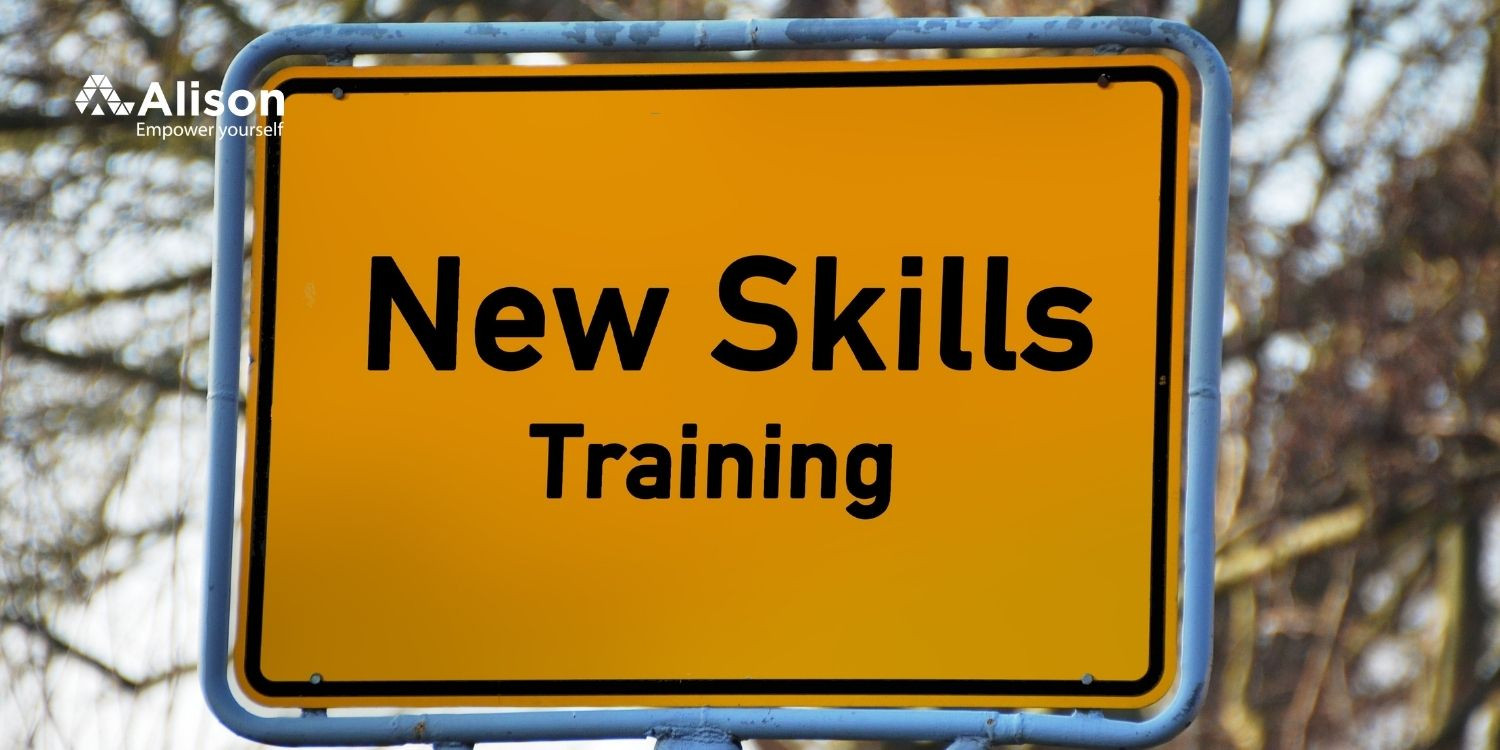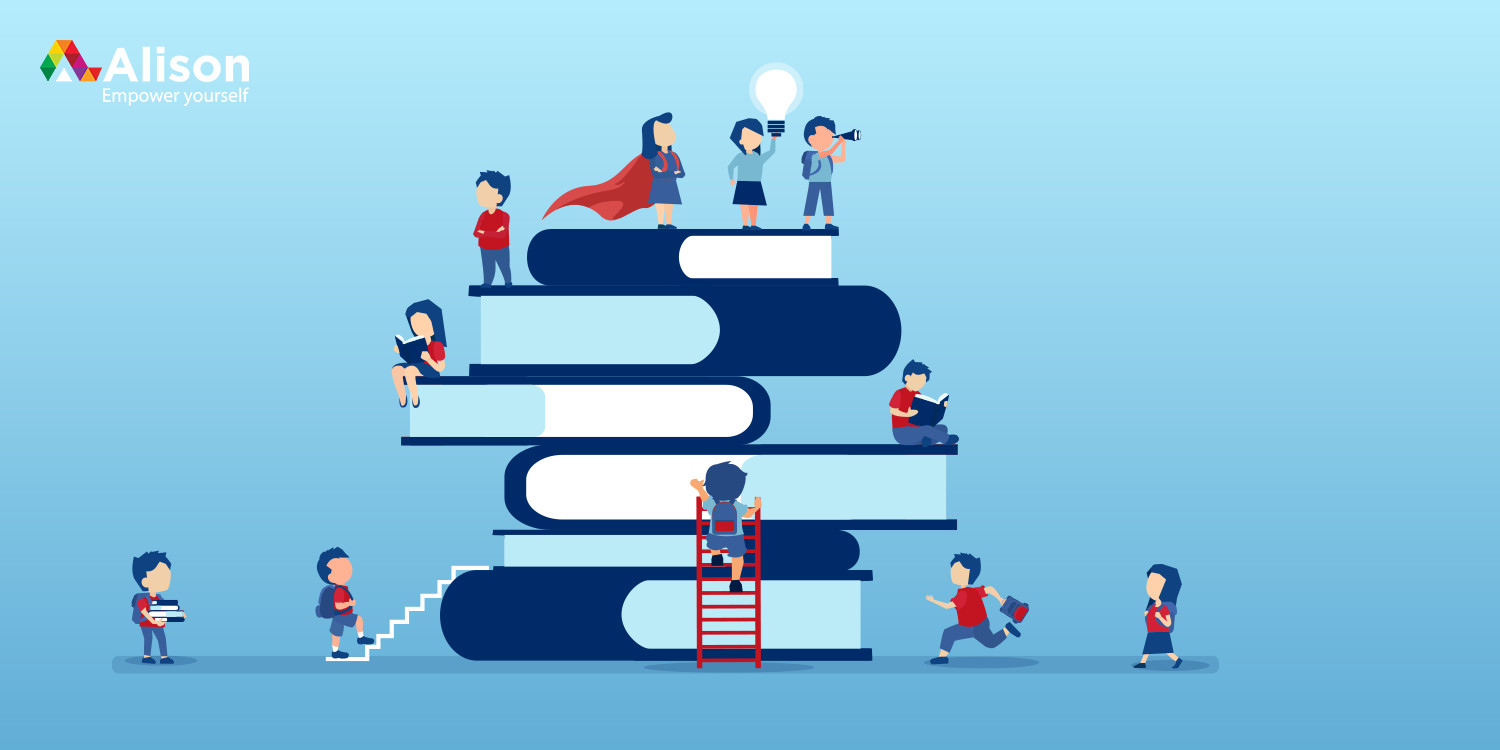 The Growing Skills Gap
The Growing Skills Gap
The "skills gap" is the difference between the skill set needed to fill a position and the actual skillset of job-seekers in the labour market. If the skills gap is widening it means that a growing number of job-seekers don't have enough education or training to secure the available jobs. As higher-skilled jobs are usually better remunerated than lower- or unskilled jobs, a widening skills gap means an increasing number of workers are low-skilled and thus low-paid.
When the first lockdowns came into effect in March 2020, the jobs that couldn't be carried out online simply disappeared from the real world. The casualties of the mass migration of the workforce online have, overwhelmingly, been low-skilled jobs. The fact that all economic activity effectively shifted online overnight is further proof of just how precarious work is for many people with limited education or training. (This situation stands in stark contrast to what has seemed like the almost seamless transition online of many higher-skilled, white-collar jobs.)
Covid-19, Not the Main Cause
The covid-19 pandemic has both exacerbated and exposed the vicious cycle of poverty resulting in poor education resulting in poverty. However, for many communities, this cycle has been playing out for so long, that it can begin to appear like a historical inevitability, rather than the logical conclusion of a prohibitively expensive and outdated education system.
A widening skills gap is the result of a growing number of people being unable to access skills training and education. The soaring price of attending traditional education institutions means that these establishments no longer offer a viable route out of the skills-gap/poverty trap that so many workers find themselves caught in. The very people who could use education as a means of improving their economic lot are locked out from accessing it. As the divide widens between those who can afford to learn and those who can't, it's clear that the high price of education is the middle term of the skills gap-inequality equation.
However, as is so often the case, the illness contains the cure. While the recent shift of economic activity online has accentuated the skills gap, the move of education online can solve it. Online learning can close the skills gap and reduce inequality because, as Alison proves, online learning can be free. Again, the middle term of the widening skills gap resulting in inequality is the cost of education. Free online learning can break that vicious cycle because it does away with that middle term.
























